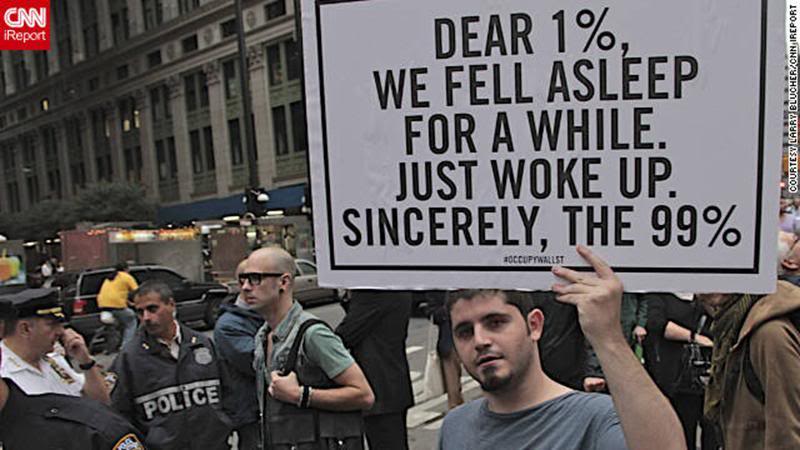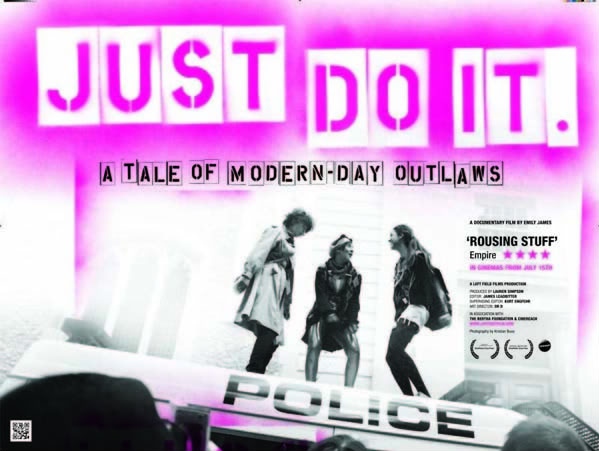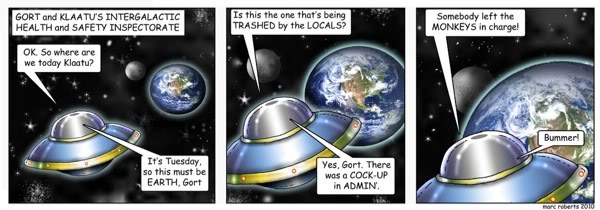
by Shaun Chamberlin | Nov 5, 2011 | All Posts, Climate Change, Cultural stories, Economics, Favourite posts, Peak Oil, Politics, Transition Movement
This post was written for the Transition Network‘s Social Reporting project, and published there on Sunday 13th November. — Having been invited to be this week’s Social Reporting guest editor and introduce the theme of economics, the burgeoning...

by Shaun Chamberlin | Jul 23, 2011 | All Posts, Cultural stories, Reviews and recommendations, The Transition Timeline, Transition Movement
As regular readers will know, I am an admirer of the Dark Mountain Project – fellow adventurers in uncovering and reshaping the cultural stories that define us and guide our behaviour. Their manifesto is well worth a read. So I have accepted this contribution...

by Shaun Chamberlin | Jun 15, 2011 | All Posts, Climate Change, Cultural stories, Favourite posts, Philosophy, Transition Movement
Last night I went to the première screening of an excellent new film called Just Do It. It’s a record of the direct action climate movement — Climate Camp, Plane Stupid et al. — made with the full cooperation of the activists, and it’s worth checking out,...

by Shaun Chamberlin | Mar 1, 2011 | All Posts, Cultural stories, Transition Movement
Now here’s a video to lift your soul and make your day, celebrating the first birthday of the ever-more wonderful Transition Heathrow. As discussed here last year, the site is not safe from the authorities, but it has now got an assured future until November at...

by Shaun Chamberlin | Feb 11, 2011 | All Posts, Cultural stories, Reviews and recommendations, The Transition Timeline, Transition Movement
The brilliant cartoonist Marc Roberts (whose work will be familiar to regular Dark Optimism readers) got in touch with the Transition Network last year offering to produce a strip exploring the Transition concept. The time has come for the results to be unleashed on...







Recent Comments